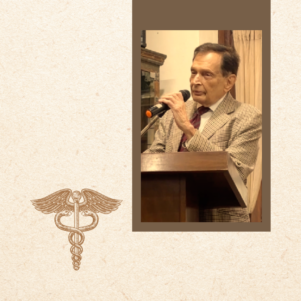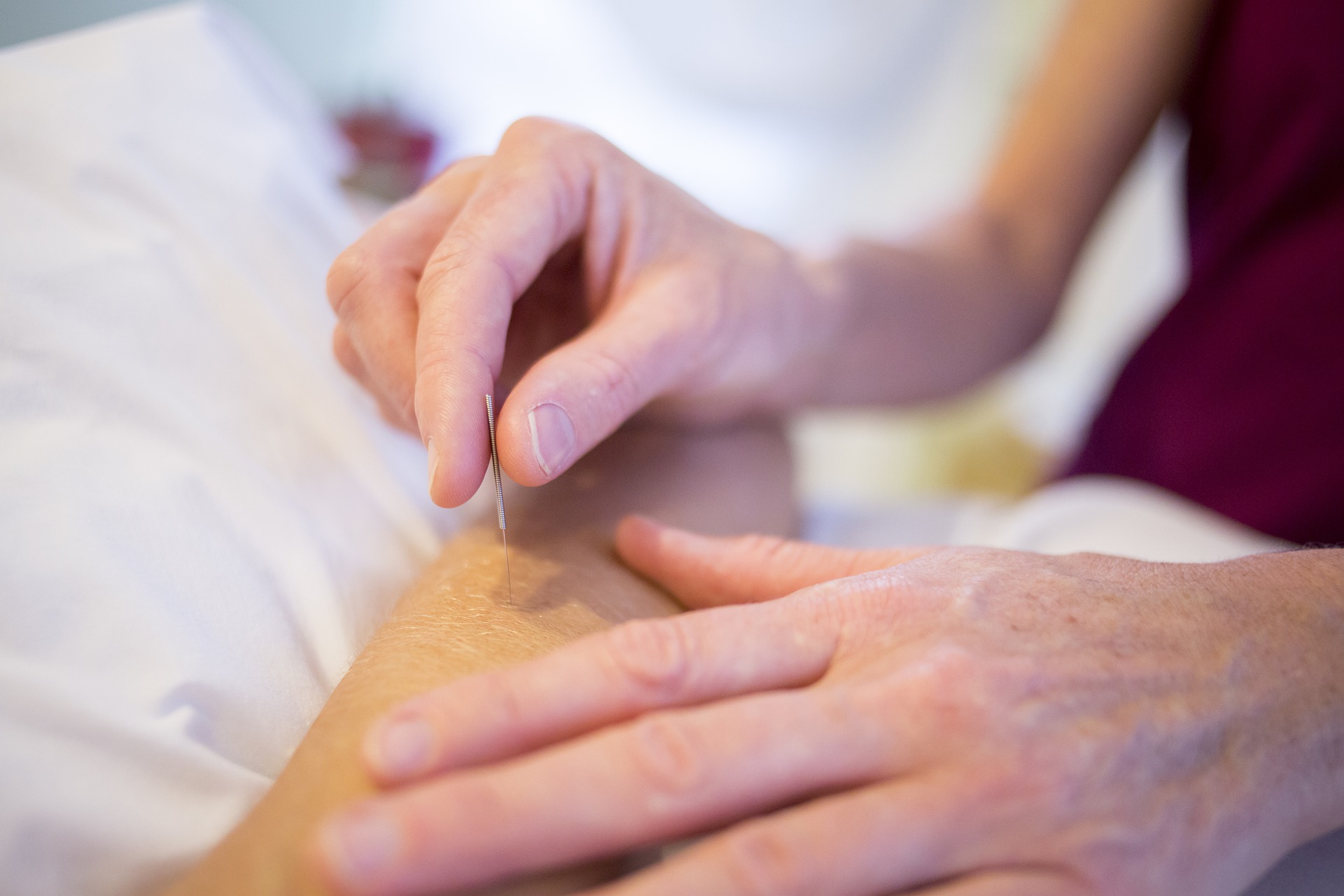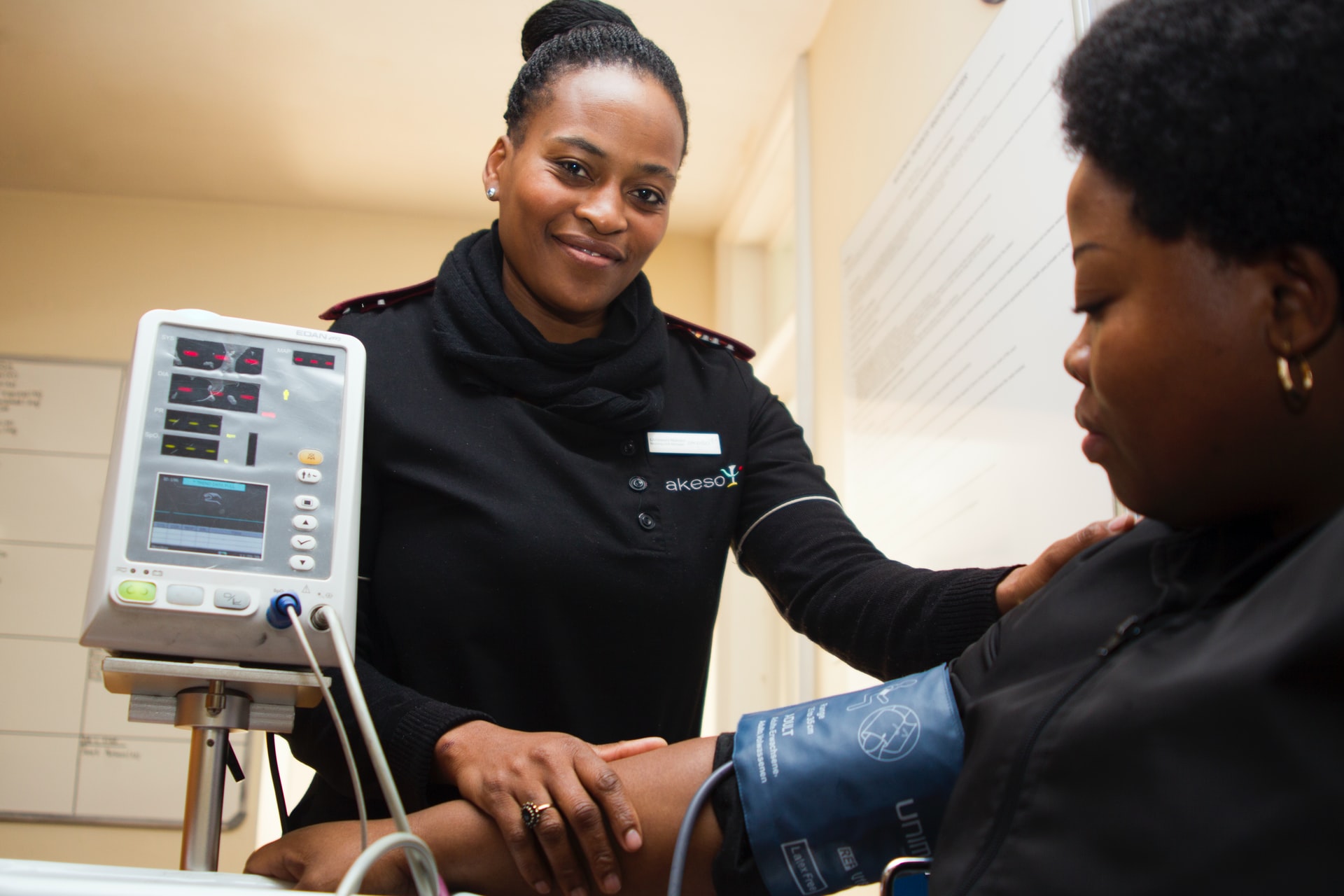Humanizing Medicine: In Conversation with Dr. Farokh Udwadia
Article By The Acropolitan magazine editorial team
 In March 2022, New Acropolis Culture Circle hosted renowned physician, author and Padma Bhushan awardee Dr. Farokh Udwadia at our Mumbai center. Dr. Udwadia has contributed to many National and International publications, and written several books, one of which is TABIYAT: Medicine and Healing in India. He has spoken out strongly about how humanizing medicine will engender greater empathy and create a stronger bond between the doctor and patient, a vital precondition for optimal healing.
In March 2022, New Acropolis Culture Circle hosted renowned physician, author and Padma Bhushan awardee Dr. Farokh Udwadia at our Mumbai center. Dr. Udwadia has contributed to many National and International publications, and written several books, one of which is TABIYAT: Medicine and Healing in India. He has spoken out strongly about how humanizing medicine will engender greater empathy and create a stronger bond between the doctor and patient, a vital precondition for optimal healing.
Below are extracts from his talk:
Medicine was born with the awakening of human consciousness, so it has always been by our side as life climbed the ladder of evolution. It arose from the myths of magical beliefs and empirical observations of ancient civilizations. The trail of medicine has had its twists and turns, periods of scintillating light and darkness, through over 5000 years of recorded history, to manifest as a force, an art, a science, a profession.
Medicine has been influenced by so many factors: philosophy, religion, economics, sociology, geography, art and culture, by wars and conflicts, by natural disasters and by the rise and fall of civilizations.
The romance of medicine really lies in the great men and women who have trodden its exacting trail. Since its earliest days, Medicine consisted of just one thing – care. And it is interesting how this idea of care is and will always be the pulsating heart in Medicine.
In the West, Medicine began in 500 BCE, with the idea of philosophy, as emphasized by Pythagoras. Philosophy centered around the study of man, including the study of health – when is a man considered healthy or unhealthy? Why does a man come into being? Where does he go? Every question related to man, was investigated by numerous branches in the human endeavor, including medicine.
In the last 70 years, Medicine has made giant strides and worked miracles. Today, we can transplant almost all organs in the body except the brain, and have various drugs to counter numerous ailments and infections. Although the profession in the past was held in its highest regard, today a fair amount of antagonism exists against it. Why? Perhaps because medicine has lost its path in terms of humanity, due to the mechanization of medicine; the hubris of science and technology has robbed medicine of its art and of its “raison d’être”. The machine serves as an intermediary between the doctor and patient. The doctors and consultants of today are more concerned with looking at various organ systems within the patient, without ministering to the patient as a whole.
Despite the stunning leaps made by Science, can Technology ever soothe the anxiety of relatives, of patients who are on the verge of death? Can they handle patients emotionally and advise them on bravely coping with the problem or urging them to fight? Medicine is learnt at the bedside – by listening and interacting with the patient, by touching him carefully. Not via books, or gleaming machinery and sophisticated gadgetry, nor from being enamored by the lovely pictures thrown up by scans, angiograms, and ultrasounds. This mechanization of medicine is partly due to the commercialization and the institutionalization of medicine, and partly related to a falling sense of values, not just in medicine, but in all fields. How could Medicine stay as an island of virtue in an age swamped with corruption?
Medicine is as much an art as a science. Unfortunately, this art has now been put into the shadows, and is on the verge of fading away. What a tragedy, for both man and medicine. The art of medicine lies in the qualities of the heart and the mind, which have to vibrate in empathy with a sick patient and thereby promote healing. It is defined by:
Taking a good History of the patient. A disease never manifests itself in the same way in two individuals – that’s the beauty and also the challenge in medicine. Hence it will never be an exact science. A good physician also has to be a good detective. If I am stumped about a patient’s ailment, I may find an important clue in just an offhand remark from the patient which hints at the true situation inside of him.
Next comes meticulous Examination, using our eyes and ears and hands; then Investigation, which should precisely cover only what is relevant; And finally, a Conclusion as to what the patient suffers from. Perhaps the most important aspect of a good physician is Judgement. Clinical judgement is an intuitive gift which we cannot equate with intelligence or knowledge. Very knowledgeable, intelligent physicians may have poor judgement and ordinary physicians may be gifted with excellent judgement.
Medical ethics: The moral obligations that govern the practice of medicine, the idea of right or wrong. Ethics is rooted in philosophy, religion and social customs, and these can be different in different communities, and different civilizations. Hence it is impossible to have a common goal of ethics in medicine – but by and large all civilized societies have a reasonable concept of right and wrong, and that I think is the key.
Beneficence and Competence are significant aspect of the ethics of medicine. Beneficence is about doing good to the patient, and for that we need Competence. Humanism is the quality that enables a physician to empathize with the suffering of the patient. So, competence has to be allied with Humanity. The opposite of beneficence is maleficence- which is doing harm to the patient. “Primum non Nocere” was the Hippocratic oath which meant – first of all, do no harm. And that’s not easy because every medicine has side effects, a quandary that is always a challenge.
Autonomy: The patient has to give his consent to what the doctor recommends in terms of investigations, or invasive procedures. But for a decision to be truly autonomous, the individual who is making that decision, perhaps contrary to the advice of the doctor, has to have his own interest truly at heart, and should make this decision after proper thought and critical thinking. Many in the west, support the idea of absolute patient autonomy. But great decision making in medicine comes as a result of finding in each case the right balance between beneficence and autonomy. For e.g. a medical student of mine was brought in almost dead, with a note saying that under no circumstances am I to resuscitate her. It appeared to be a suicide attempt, with poison. But we resuscitated her and she lived, to eventually regret her act. This is an example of beneficence winning the conflict with patient autonomy. An impulsive autonomy driven by one’s anxiety, stress or panic is not truly autonomous, so in an emergency when there is a conflict between beneficence and autonomy, I would advocate beneficence.
Justice: The doctor does the best that he can while ensuring he causes the least harm possible while striving to do the most good for the patient. For e.g.- when we started a tetanus ward at JJ hospital, there were 12 patients convulsing because of this dreadful disease but we only had three machines. Now, how do I choose with justice? I have no option but to choose the three people who are the worst affected and use it for them, knowing fully well that tomorrow, one of those whom I had not used the machine on, could be worse than the ones that I had.
Communication: It is important to make the patient an ally, and communicate in a way that does not make him panic or worry, on why and what the doctor plans to do. This honest and precise communication creates a sense of faith, a bond between the doctor and the patient. All patients whether educated or not, have the instinct to distinguish between a physician who truly cares, from a physician who pretends to care. It is also important to communicate honestly with the relatives. Finally, the physician needs to communicate clearly with his inner self; I do that by writing personal notes on very ill patients – why have I chosen this? What if I had chosen another plan? This clarifies my mind’s quagmire of thoughts and may help me gain more insights later.
Equanimity: The Physician has to be unruffled in times of great stress, able to think logically with correct judgement. He has to be composed so that the patient can draw courage from his equanimity. A doctor not born with this trait must work hard to develop it.
Charity: A Physician ought to always keep in his heart the quote “Do not enter the temple of science with the soul of a money lender.”, by the author of the great book Religio Medici, Sir Thomas Brown.
Protection of human rights: Modern medicine may end up tampering with Human Rights. The Geneva convention states that the research on the genome should be directed solely towards alleviating the suffering of patients, and nothing else. But research being done right now can be misused to allow genes of the human race to be altered!
The natural pace of evolution of humanity across millions of years, through genetic drift and Darwinian selection, may be hastened to leap ahead by hundreds of years. Perhaps in a thousand years, we would be able to alter the human genome such that he might achieve super human qualities. It’s sad that human beings may function as part or total machines.
To sum up this piece, I would like to quote Maimonides, a philosopher physician from the middle east, who centuries ago, gave the first description of bronchial asthma. He said, “Let me treat my patient, a fellow creature in pain and in distress with great humanity. Let me never ever consider him as merely a vessel filled with disease.”
The entity posting this article assumes the responsibility that images used in this article have the requisite permissionsRead the original article on http://theacropolitan.in




Greatest teacher and doctor ever. I am truly blessed to have known him ,learn medicine from him, and most of all to aspire to be like him.